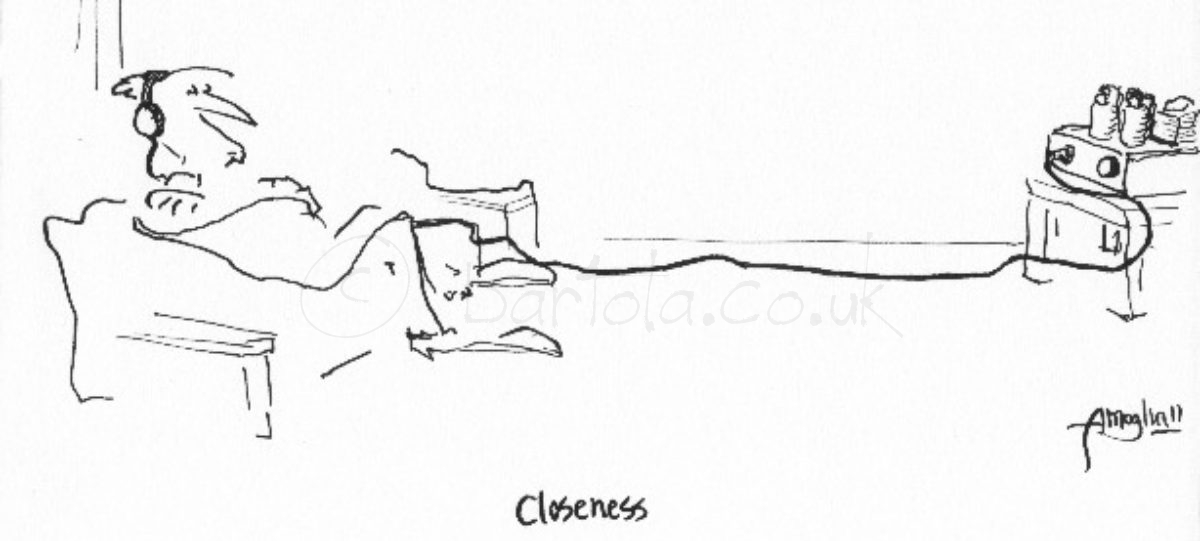I managed to find the time this weekend and do a quick test on the Cap Multiplier PCB. It turned out that I missed a thermal pad on the PCB so had to add a short jumper. Nothing major, but the PCB needs adjustment.
Below is the diagram of one of the ways the PCB can be used. This is the most complex circuit, a basic one can be wired instead. The CCS (M1 and M3) provides better PSRR as well as regulation. A stable current is fed to R4 and P1 to set the voltage. C2 is the cap multiplier and the M5 used can be any suitable MOSFET. T4 provides current surge protection to the MOSFET as well as short circuit. R7 sets the current limit.
The boards fits various film caps, I have some WIMA DC Link which are great and fit perfectly:
I ran a test at 200V / 20mA. The raw supply was 230V. The workbench is quite noisy and the HT power transformer noise is picked up by the circuit. You should expect a 100dB PSRR. On the below, you can see 50dB and this is because the 50Hz and harmonics from the mains TX get in anyway. Otherwise the rest is flat down to 100dBu!
This is a great circuit. Can be used from a phono stage to a preamp or a proper power amp like a 300B SE.
I think despite the PCB error, I have enough boards for my personal use. Not sure I will run a production batch for this. It may be useful to some, but not probably enough to justify the production PCB.





Actually especially given its complexity, a pcb makes a lot of sense for most….and whoch does not need a clean, hum-free HV without lytics ??? I would certianly like to try a pair…and if they outperform my passive solution, I would need many more…
True. The cap multiplier in my experience, sounds really good. Nothing like a feedback regulator. It’s a must in a RIAA stage. Will try to refine the PCB with some experiments when I get the time. If there is sufficient interest I will run a PCB batch. I have to take the cost upfront regardless so not keen to do this unless people want these PCB.
Hi Ale, this is very interesting. I have a basic cap multiplier feeding a smallish push pull amp. I have found as some on DIYaudio have that they tend to let mains transients straight through. Things like the fridge compressor turning off or other inductive loads etc. Have you tested this circuit for that?
Hi Matthew,
No I haven’t. Never had a problem with it. However, this isn’t a regulator and the cap filter constant at the gate has to be able to accommodate any input variation. Also the mosfet has to have enough headroom, otherwise will turn off. You may experience that it could be the mosfet transient caused by input variation. Problem is also that more headroom means more power wasted at the mosfet.
The mosfet leakage capacitance as well play against HF rejection and this is why you need to select a low Coss device.
Thanks Ale, yes in my case it could well be not enough head room for the FET. Also I am using a really large FET so Coss is nothing to write home about. I think I will drop the voltage to the output stage 10V or so and wind the bias up a smidge. I will replace the FET with something more sensible. Thanks again.
Would this CAP MULTIPLIER be usable with the same benefits on a JFet Phono Stage? Would it need any adjustment, in addition to lower voltages on the capacitors?
Hi Paulo. Not sure what the question is here. Yes, providing you have enough voltage headroom to accommodate this circuit.
Thanks Ale. Please forgive me for not making you understand. I use a 24v power supply on the Phono Stage, and I would like to know if I can use your Cap Multiplier on it. And I would also like to know, in the case of using a voltage much lower than what is normally used in a valve Phono Stage, are these components as shown in your project suitable?
Hi Paulo,
Yes you can but with a different board. You will likely be best with a NPN-based pass transistor instead to minimise the voltage drop and the capacitor sizes are way smaller.
Cheers
Ale
Ok, this is what I needed to know, that your board won’t work for me in this case. Thank you very much.